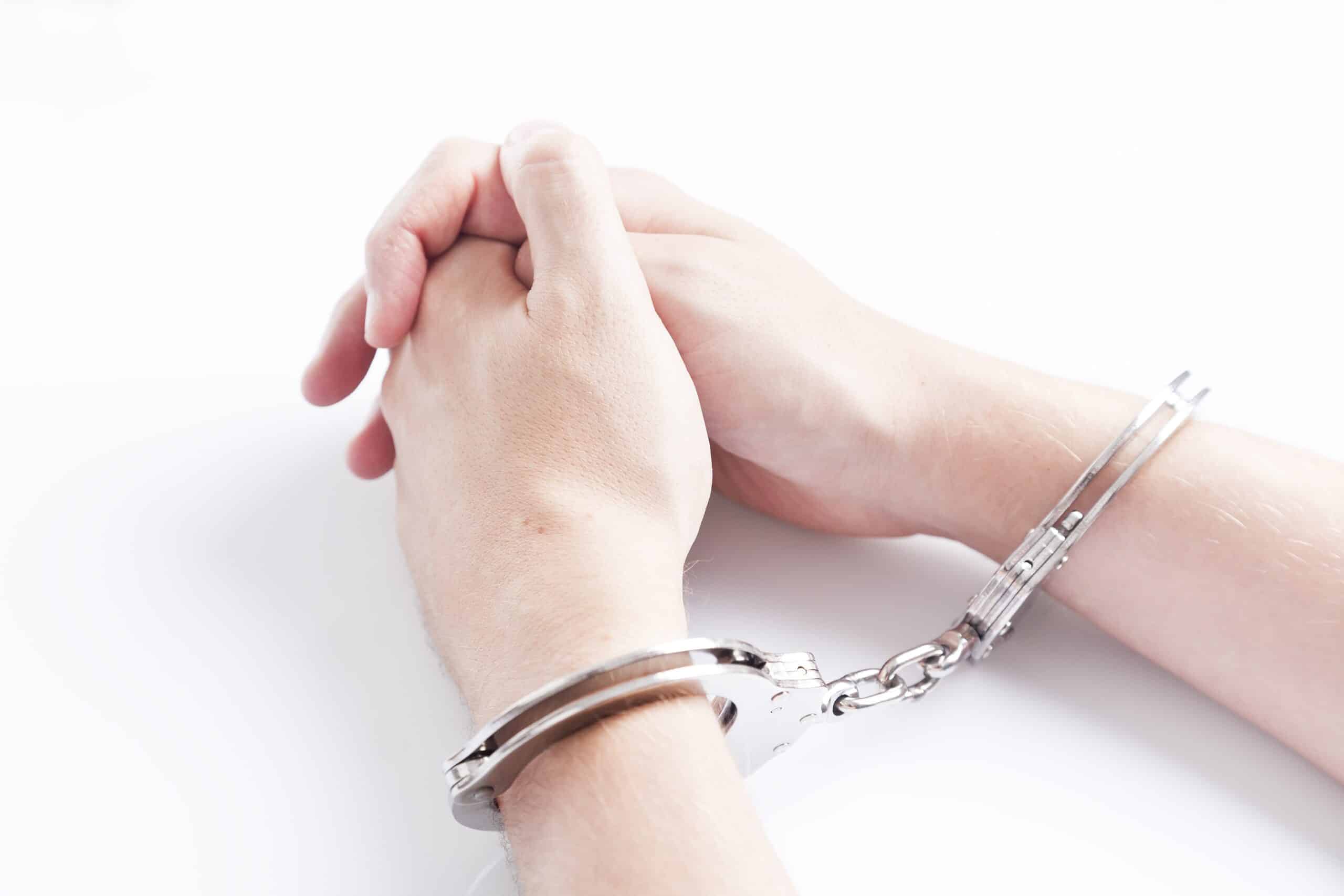Share This Article
By Sahar Adatia and Jimmy Singh.
It’s a contested question – are you allowed to use offensive language in public?
Today, we indeed find ourselves in a day and age where swearing has become commonplace.
As such, most people wouldn’t even flinch at the sound of a swear word dropping.
This is especially the case for Australians, who have a distinct reputation for their colourful language.
Nevertheless, a recent incident involving a Sydney teenager charged for using offensive language on the streets of the inner west suburb of Marrickville, may just lead us to think twice about whether we do, in fact, use offensive language.
At the very least, it will certainly leave us more cautious of when and where we choose to use such cuss words.
Teenage Girl Hurls Verbal Abuse and Racial Obscenities at Two Sydney Women
It is reported by NSW Police that at around 3pm on 30 March 2020, two sisters, aged 23 and 19, were making their way through a crossing at Petersham Road and Illawarra Road in the inner west Sydney suburb of Marrickville when they were suddenly advanced on by a woman who verbally abused them using racial slurs.
It is alleged the woman then attempted to kick one of the girls.
Fortunately for the girl, a bystander quickly interjected the altercation and told the woman to leave her alone.
As the woman walked away, police allege she then spat at the younger sister, which hit her in the eye.
The woman then ran away from the scene.
Witnesses watching the clash unfold rushed to assist the 19-year-old to flush out her eye. She was then taken to get medical aid.
Officers from the Inner West Police Area Command were informed of the incident and quickly began an investigation.
It is alleged the two young sisters were blamed for bringing the novel coronavirus to Australia before they were assaulted.
17-Year-Old Woman Arrested in Marrickville over Abusive Incident
Following inquiries, NSW Police managed to track down their suspect – a 17-year-old woman.
She was arrested in Marrickville the day after the attack.
The teenager was taken to Newtown Police Station where she was charged with using offensive language in or near a public place, two counts of attempting to stalk or intimidate intending fear of harm and three counts of common assault.
She was granted conditional bail and will face The Children’s Court on 1 May 2020.
Meanwhile, NSW Police also spoke with a second teenage girl believed to be related to the incident.
She was released without charge.
Sisters Say They Weren’t Doing Improper When the Attack Occurred
In the aftermath of the incident, the two sisters spoke up about the abusive confrontation they underwent, saying they were simply going about their day ordinarily.
“We weren’t doing anything strange,” one sister told 10 News First.
“We weren’t talking really loud or anything. Minding our business.”
Have a question? Call our criminal lawyers from Sydney today.
Law on Offensive Language Charges in NSW: Section 4A Summary Offences Act
In NSW, the Summary Offences Act 1988 (NSW) prescribes the law around using offensive language in a public place or near a school.
The Summary Offences Act makes clear that using offensive language in a public place or near a school is an offence carrying up to $660 fine, unless there’s a reasonable excuse under section 4A Summary Offences Act 1988 (NSW).
Under the law in NSW, a court can instead of imposing a fine, impose a Community Correction Order with a community service work condition. The maximum hours of community service work that can be imposed then is no more than 100 hours.
However, the legislation doesn’t contain a list of the exact words or terms which may be considered “offensive”.
As such, as a rule of thumb, language is generally understood to be offensive if it would wound the feelings of, or arouse anger or resentment or disgust, in the mind of a reasonable person in view or hearing or near a public place or school.
When a Judge considers this, it is assumed that the reasonable person is not considered thin-skinned, nor does such a person need to actually be physically present at the time of the offensive language. It is the hypothetical reasonable person.
Generally, the offensive language is that which is hurtful, blameworthy or improper, and which offends a person against standards of good manners or good taste.
Click here for an outline on defences to offensive language charges in a NSW Court.









